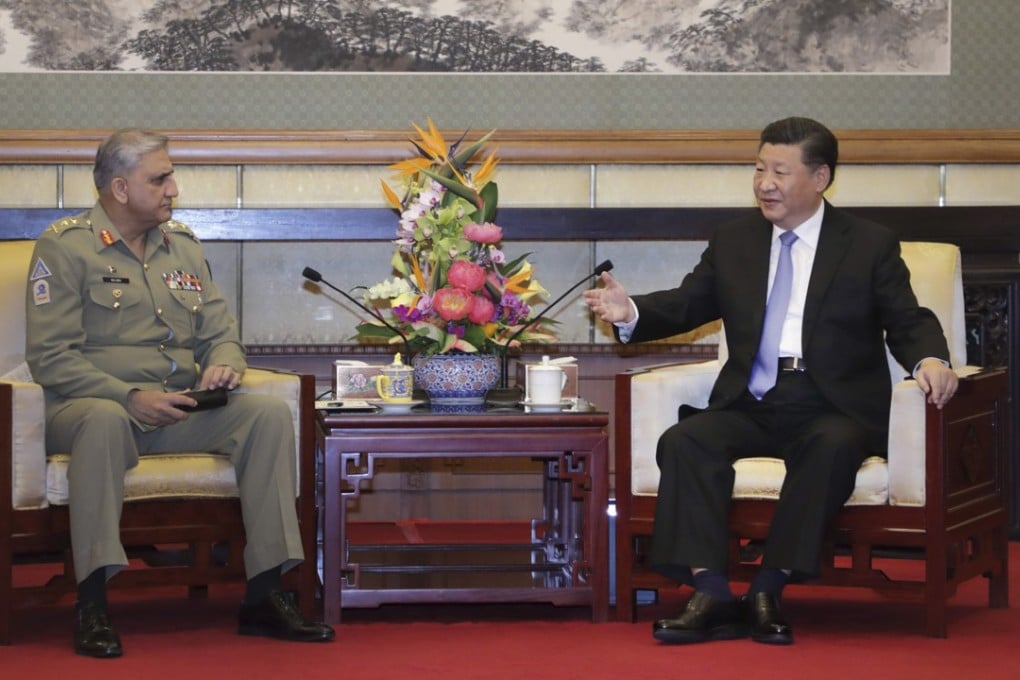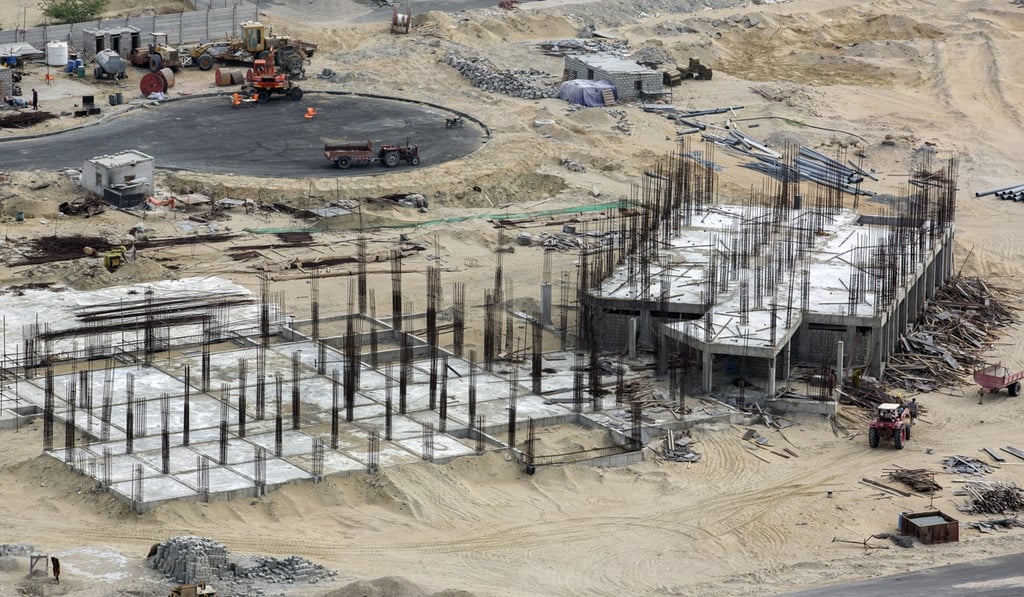China didn’t cause Pakistan’s financial crisis but it should play a role in helping to solve it
Arif Rafiq says Pakistan’s economic woes have been caused by poor policymaking, not its projects with China, but how Beijing reacts will be a lesson to its other belt and road partners

Pakistan’s economy grew by 5.7 per cent in the previous financial year, but has been unbalanced. A rise in fuel and machinery imports has overlapped with a net decline in exports in the past five years. Pakistan’s foreign exchange reserves have depleted quickly since August 2016.
Many projects selected by Pakistan’s previous government were ill-timed. For example, it rushed to complete a commuter rail line for Lahore before this summer’s elections, when such projects could have been deferred in favour of those that would boost exports more quickly. And the economic corridor should have been paired with an aggressive export incentive programme to offset the outflow of dollars.
